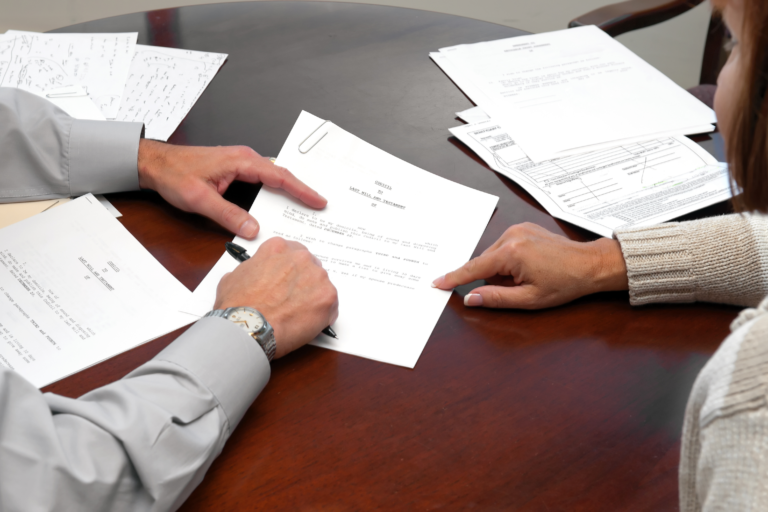Determining the outcome of unpaid debt upon death depends on the size of the decedent’s estate, the number of assets subject to probate, and the total amount owed. What debts are forgiven at death in Florida? Read on to find out.
What Happens to Unpaid Debt Upon Death in Florida – The Basics
A recurrent probate-related question is whether someone’s pending debts automatically cease to exist when the debtor dies. In Florida probate administration, the estate subject to administration is responsible for paying for the decedent’s unsettled debts.
Florida law has two distinct procedures to administer a deceased’s estate – summary administration and formal administration. Summary administration is an expedited version of probate applied in cases where:
- The total value of the decedent’s assets subject to probate does not exceed $75,000, or
- The decedent has been dead for more than two years
During probate, creditors have two years to bring claims against the decedent’s estate. If they fail to file their claims within the statutory period, their claims are barred forever.
As the court does not need to go through all the formalities involved in formal administration, this process is more efficient and quicker. In formal administration, the court must appoint a personal representative to wrap up the decedent’s estate and ensure proper distribution of the remaining assets.
What Debts Are Forgiven at Death in Florida? – The Verdict
Florida Statutes §733.707 (1) specifies that “the personal representative shall pay the expenses of the administration and obligations of the decedent’s estate in the following order:
- Class 1—Costs, expenses of administration, and compensation of personal representatives and their attorneys’ fees and attorneys’ fees awarded under s. 733.106(3)
- Class 2—Reasonable funeral, interment, and grave marker expenses, whether paid by a guardian, the personal representative, or any other person, not to exceed the aggregate of $6,000
- Class 3—Debts and taxes with preference under federal law, claims pursuant to ss. 409.9101 and 414.28, and claims in favor of the state for unpaid court costs, fees, or fines
- Class 4—Reasonable and necessary medical and hospital expenses of the last 60 days of the last illness of the decedent, including compensation of persons attending the decedent
- Class 5—Family allowance
- Class 6—Arrearage from court-ordered child support
- Class 7—Debts acquired after death by the continuation of the decedent’s business, in accordance with s. 733.612(22), but only to the extent of the assets of that business
- Class 8—All other claims, including those founded on judgments or decrees rendered against the decedent during the decedent’s lifetime, and any excess over the sums allowed in paragraphs (b) and (d)”
Florida Statutes §733.707 (2) adds that “after paying any preceding class, if the estate is insufficient to pay all of the next succeeding class, the creditors of the latter class shall be paid ratably in proportion to their respective claims.”
If the amount owed by the decedent exceeds the value of the assets subject to probate, the estate is considered insolvent. The term “insolvency” describes a bankrupt estate without sufficient assets for heirs to inherit.
If one of the heirs or beneficiaries is a co-signer of a loan, a joint account holder, or a joint credit card holder, creditors may have the right to collect the owed amount. Otherwise, debts not settled due to an estate’s insolvency will remain unpaid.
Handling Unpaid Debt in Florida Probate – Immediately Consult Your Florida Probate Lawyer
Waste no time – immediately contact Attorneys Romy B. Jurado and Diana C. Collazos today by calling (305) 921-0976 or emailing [email protected] for expert legal guidance.






